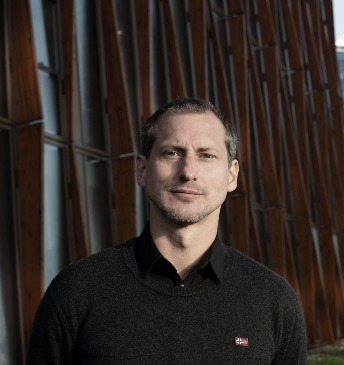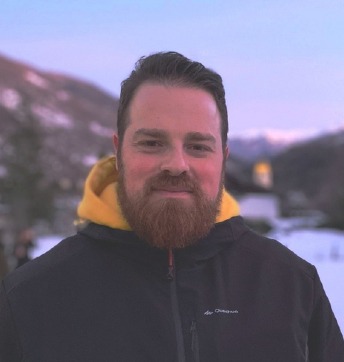Twee grote Europese subsidies voor Groningse onderzoekers
Onderzoekers Clemens Mayer en Danny Incarnato van de Rijksuniversiteit Groningen hebben een ERC Consolidator Grant toegekend gekregen. De European Research Council (ERC) kent deze persoonlijke beurzen van twee miljoen euro toe aan excellente wetenschappers. Met deze beurs stimuleert de ERC baanbrekend onderzoek in Europa.
De Consolidator Grant is bedoeld voor veelbelovende onderzoekers met zeven tot twaalf jaar ervaring sinds hun promotie. Zij kunnen de beurs gebruiken om hun team van onderzoekers en ondersteunend personeel voor een periode van vijf jaar te financieren.

Prof. dr.
Clemens Mayer
,
Stratingh Institute of Chemistry
| project: ContiZymes - Continuous Enzyme Evolution - Solving Bottlenecks in Enzyme Engineering to Design Next-Generation Biocatalysts
Evolutie is een universele probleemoplosser die enzymtechnici nabootsen in het laboratorium om eigenschappen en activiteiten van biokatalysatoren aan te passen voor chemische syntheses. Maar dergelijke gerichte evolutiestrategieën zijn notoir arbeids- en tijdsintensief, omdat de noodzakelijke cycli van mutatie, selectie en amplificatie handmatig moeten worden uitgevoerd.
Sneller enzymen ontwikkelen
Met zijn project zal Clemens Mayer een continue evolutiebenadering opzetten, waardoor het mogelijk wordt om autonoom efficiënte enzymen te ontwikkelen in enkele dagen in plaats van maanden of jaren. Dit zal de zoektocht naar enzymen die cruciale bouwstenen kunnen leveren voor de farmaceutische industrie versnellen, maar ook de sequentie-structuur-functierelaties van deze biokatalysatoren ophelderen. Bovendien zullen de gegevens die tijdens dit proces worden gegenereerd het mogelijk maken om machine-learning algoritmen te trainen en te verbeteren voor de on-demand voorspelling van efficiënte enzymen.

Dr. Danny Incarnato , Groningen Biomolecular Sciences and Biotechnology Institute (GBB) | project - RNAStrEnD: RNA Structure Ensemble Dynamics in living cells
Incarnato gaat onderzoek doen naar de rol van ribonucleïnezuur(RNA)-moleculen in de cel. Het doel van het onderzoek is om de relatie tussen de structuur en de functie relatie van RNA-moleculen beter te begrijpen. Incarnato en zijn team gaan met name onderzoeken hoe veranderingen in de structuur van een RNA-molecuul in gang worden gezet en hoe deze veranderingen de regulatie van cellulaire processen beïnvloeden.
Structuur RNA-moleculen veranderen
Een gedetailleerd begrip van de dynamiek van RNA structuren kan helpen bij de ontwikkeling van nieuwe geneesmiddelen om levensbedreigende ziektes te behandelen door te focussen op de RNA's die deze veroorzaken. Het gaat dan bijvoorbeeld om RNA's die zorgen voor de productie van pathogene eiwitten waar nog geen geneesmiddelen voor bestaan.
In dit project combineert Incarnato geavanceerde experimentele en computationele methoden, waarvan hij er veel zelf heeft ontwikkeld.
Meer over ERC
ERC ondersteunt talentvolle jonge onderzoekers bij het opzetten van een onderzoeksteam en het starten van een onafhankelijk onderzoeksproject. De Consolidator Grants staan open voor mid-career academici van alle nationaliteiten. Een ERC-beurs stelt de onderzoekers in staat gedurfd, baanbrekend onderzoek op te starten en binnen hun vakgebied nieuwe wegen in te slaan.
Meer nieuws
-
17 februari 2026
De lange zoektocht naar nieuwe fysica
-
10 februari 2026
Waarom slechts een klein aantal planeten geschikt is voor leven
